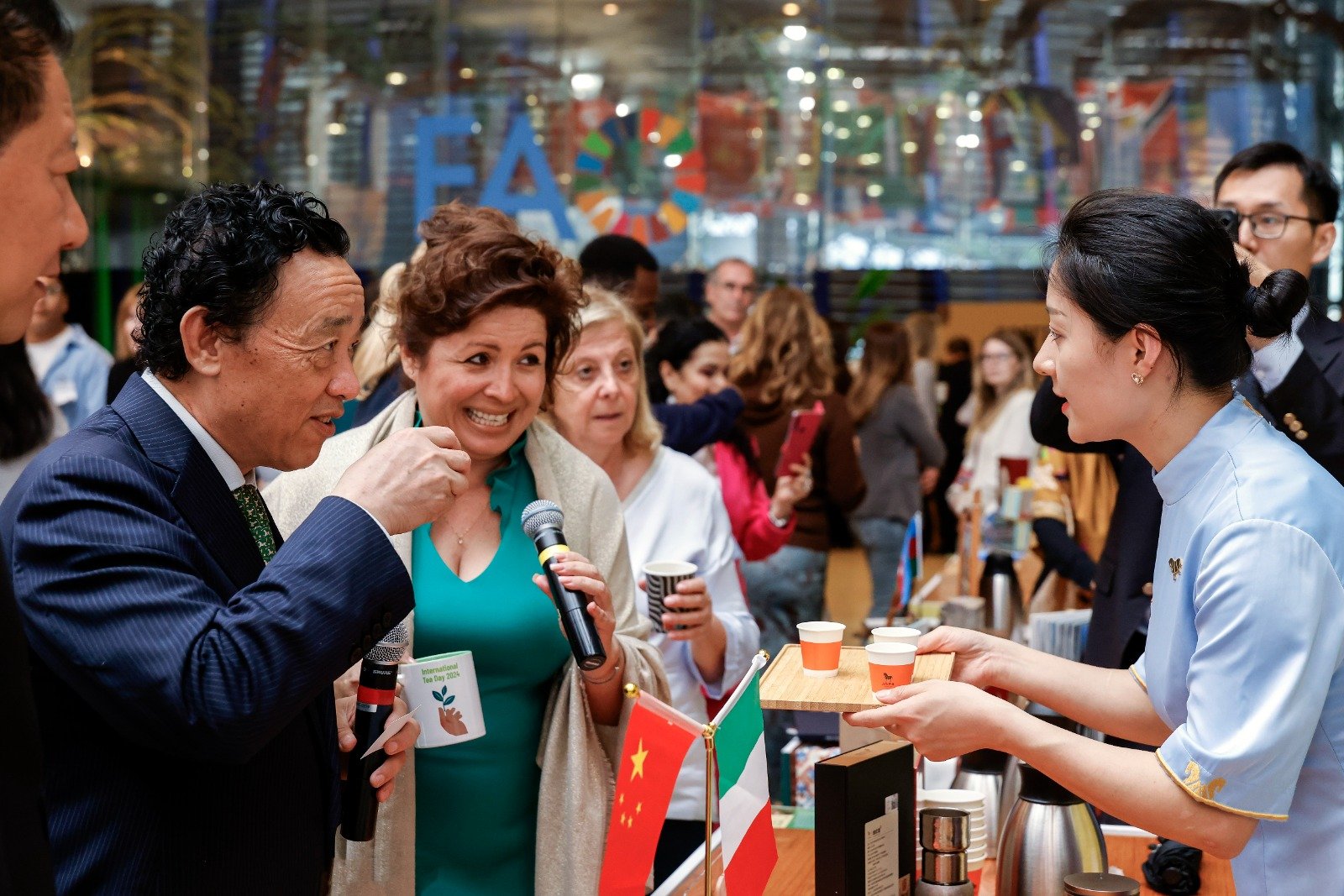Inside BENEO’s new pulse plant: pioneering sustainable protein from faba beans
The event highlighted women’s diverse contributions across the tea supply chain
Women’s vital roles in the tea industry and how to overcome the challenges they face were the theme of celebration for the 2024 International Tea Day hosted by the Food and Agriculture Organization of the United Nations (FAO).
“Women play a crucial role in the tea industry, substantially contributing to its sustainability, productivity and community development,” QU Dongyu, FAO Director-General said in opening remarks at the celebration. “Their contributions underpin the industry’s economic viability, social fabric, and sustainable development.”
A high-level panel of Permanent Representatives to FAO from Argentina, Azerbaijan, Brazil, China, Colombia, Indonesia, Kenya, the Russian Federation, and Sri Lanka also spoke about tea and coffee from their countries’ perspectives, in relation to women’s role, culture, economics and history.
The event highlighted women’s diverse contributions across the tea supply chain, a context which also sees them grappling with numerous constraints including low access to credit and appropriate technology, weak extension services, limited market access and volatile prices, among others.
This year’s focus provides an opportunity to reaffirm partners’ commitment to supporting women in overcoming these challenges, which directly threaten their livelihoods, food security and continued participation in the tea sector. It highlights the urgent need to strengthen the prevailing business models, addressing the economic, social and environmental dimensions of sustainability.
During the ceremony, a special dedication was also made to honour women involved in the coffee sector, who share similar conditions, experiences and stories.
Following the high-level session that kicked off the celebration, the FAO Director-General held an interactive dialogue with women working in the tea and coffee industries.
Issues discussed included how to improve access to resources, the importance of training and education, strategies for facilitating market access and the need for greater gender diversity in leadership and representation in decision-making. The dialogue offered a platform to share testimonies from women who have overcome their diverse challenges, turning them into success stories. It also showcased best practices enabling women to contribute significantly to the growth of the tea and coffee sectors.

